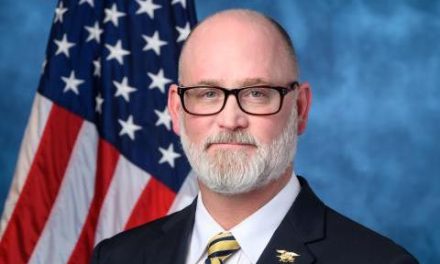
Health systems' CEOs respond to Barrett, others
There has been much discussion in recent months about health care in Milwaukee's central city as a result of Aurora Health Care possibly cutting back services or closing Sinai Medical Center. In the end, Aurora decided to keep the safety-net hospital open and maintain its emergency room. But that didn't stop community leaders, including Milwaukee Mayor Tom Barrett, from saying the possible cutbacks or closure of Sinai unveiled frailities in the city's health care system. (MILWAUKEE BUSINESS JOURNAL, 3/23)





